| Clutching My Pearls is about Jane Austen and the times she lived in. The opinions are mine, but I don't claim originality. Click here for the first in the series. For more about other female writers of Austen's time, click the "Authoresses" tag in the Categories list to the right. |
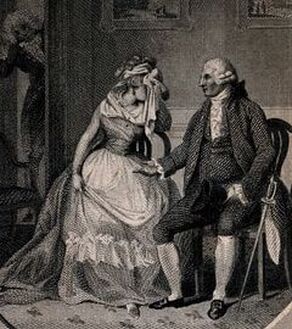
She read novels with “avidity” and wrote “incredibly perceptive send-ups of their tics and tropes,” such as the fainting heroine. If you haven't read Austen's juvenile burlesque of the sentimental novel, Love and Freindship, it's hilarious!
Austen loved novels, but she was also developing her ideas about what she wanted to avoid in her own novels. While she enjoyed a good sentimental novel, it seems that she decided very early on that writing sentimental novels with weeping heroines was not for her.
In contrast to the weepy, fainting, heroines of sentimental novels, it is notable how seldom Austen's heroines cry--and it's her sillier female characters who are rendered helpless by a crisis, as for example Henrietta and Mary Musgrove when Louisa falls off the Cobb in Persuasion.
Recently, I started in on the now-obscure novel Constance (1785), under the impression that it was written by Eliza Kirkham Mathews, an author I wanted to write a blog post about. I was well into the novel when I learned that Professor Jan Fergus had studied the account-books of the publisher and has shown that, in fact, Mathews is not the author of Constance.
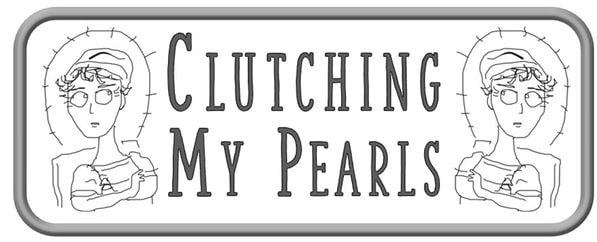
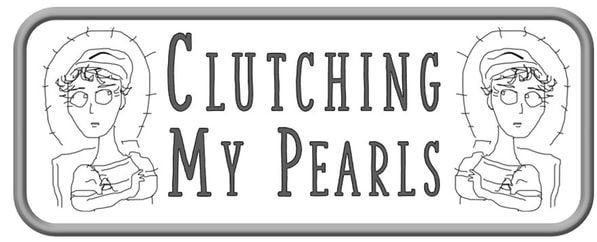
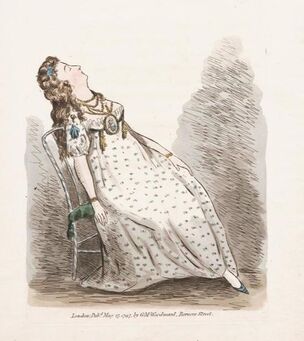
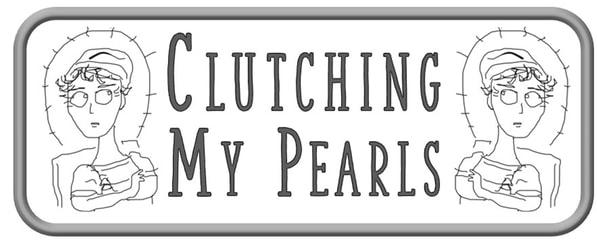
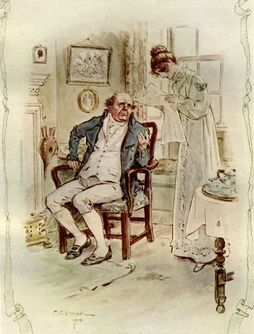
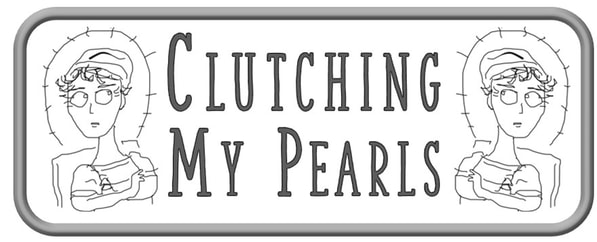
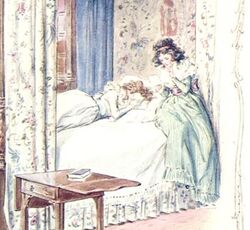
 RSS Feed
RSS Feed